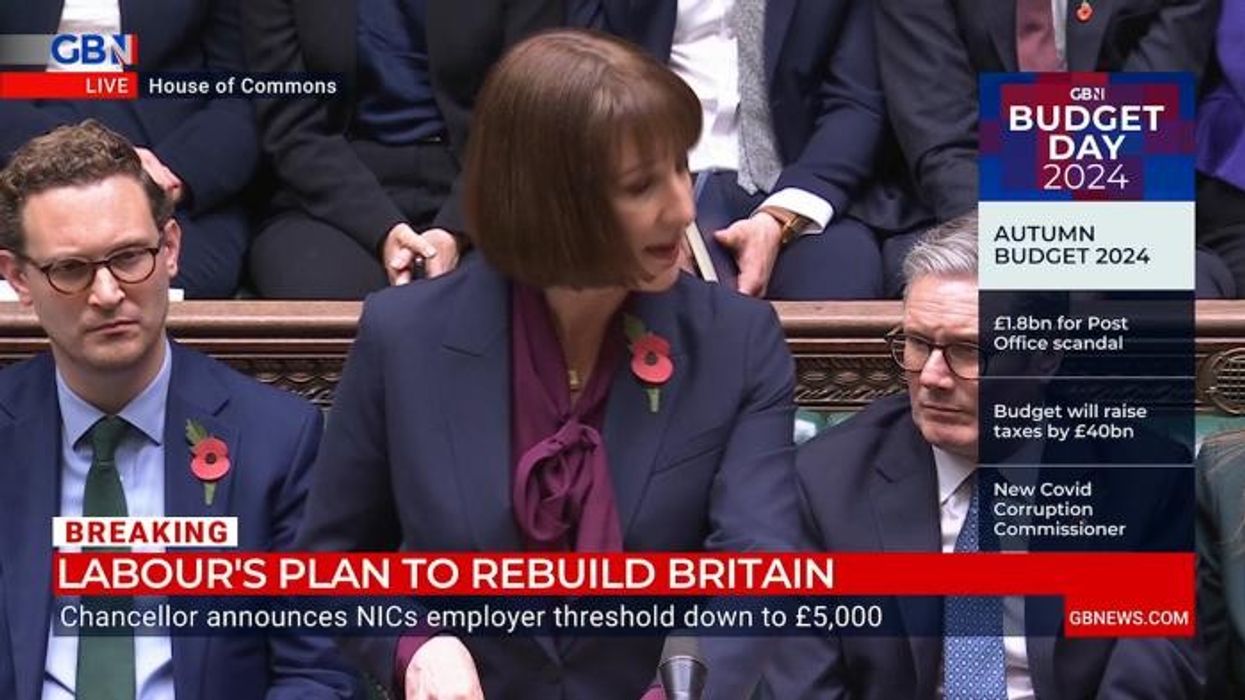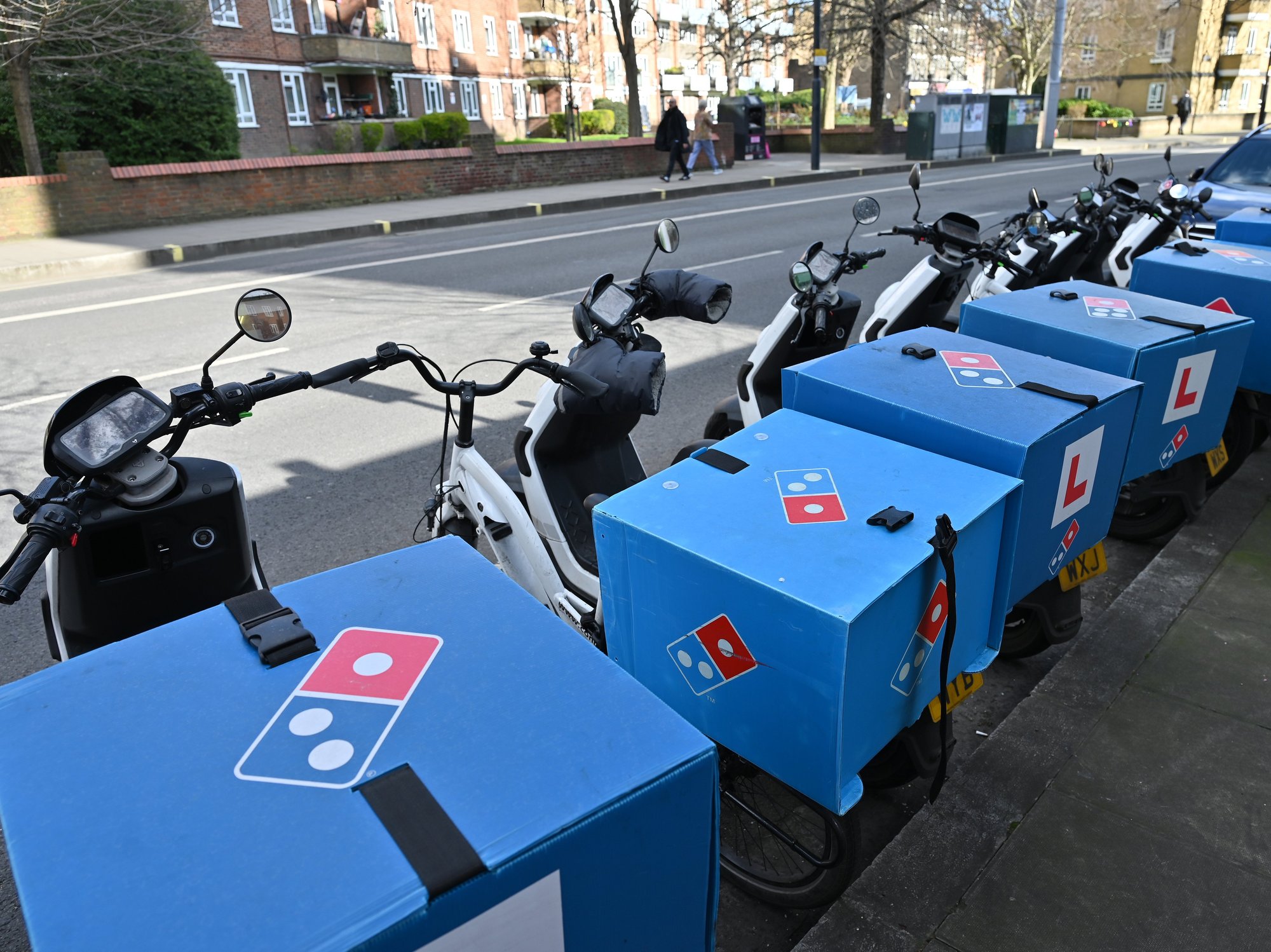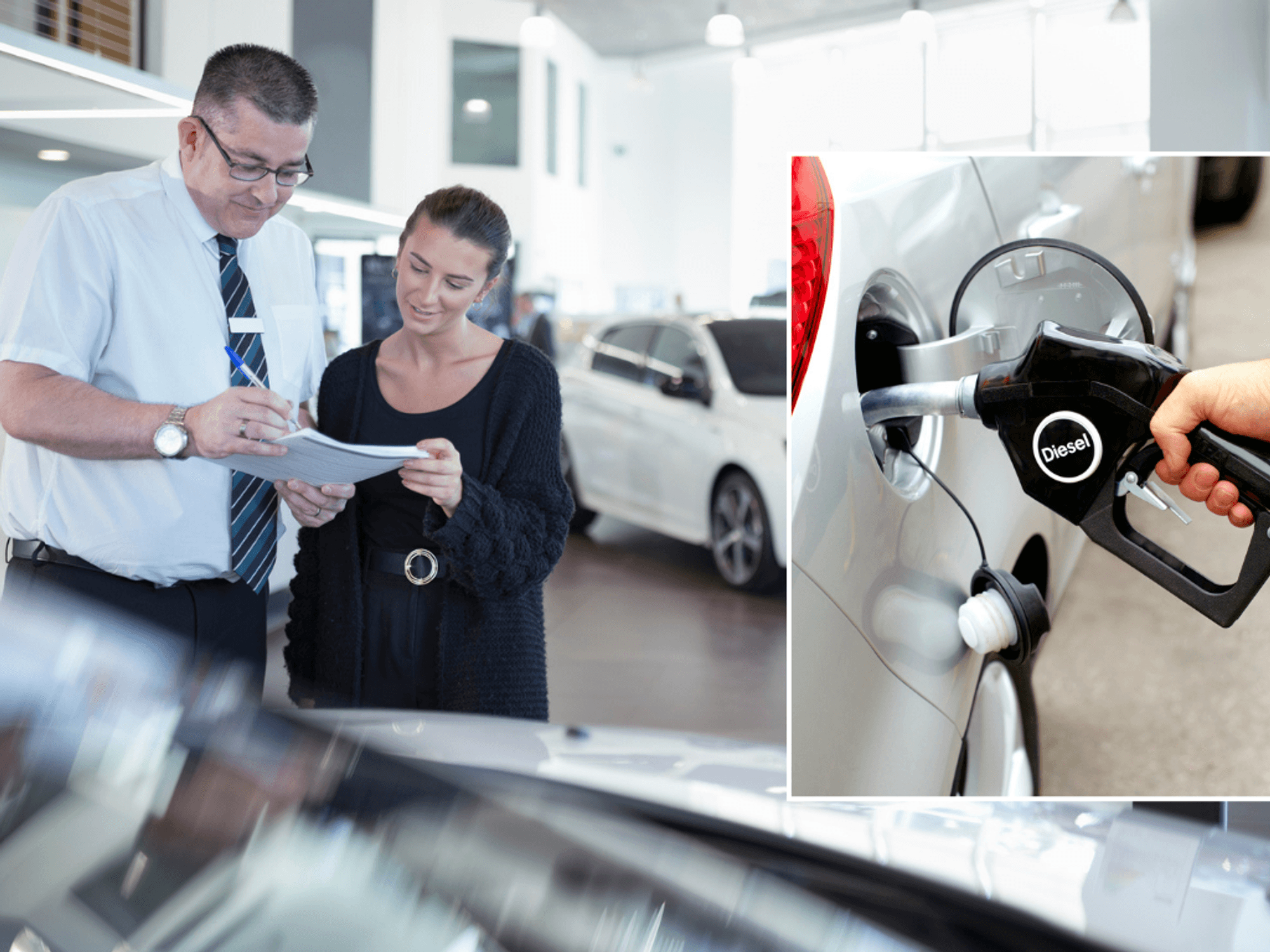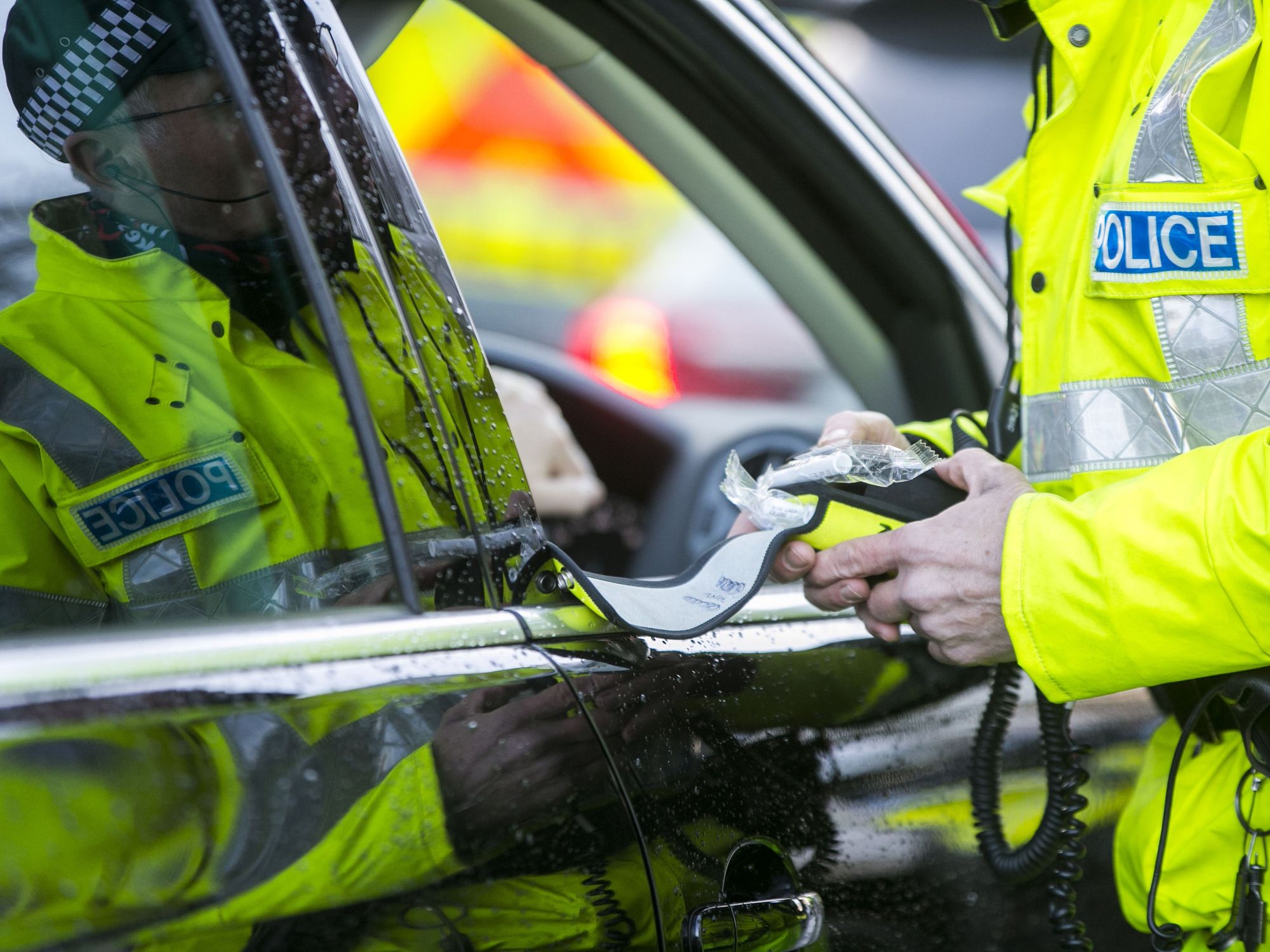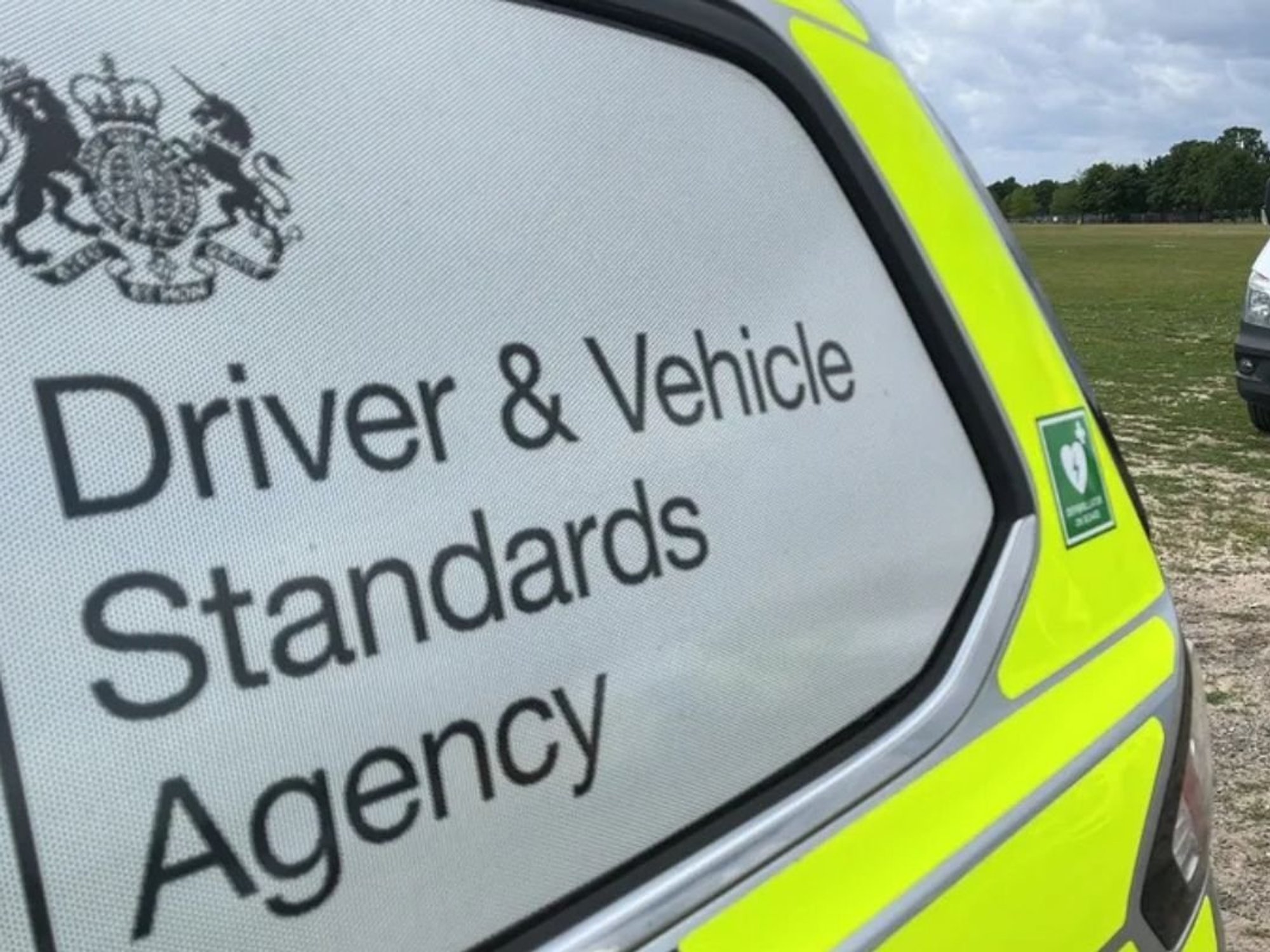Rachel Reeves' car tax changes see drivers of certain vehicles pay £10,094 to travel on UK roads

Benefit-in-Kind taxes brought in £1.19billion for the Treasury in the last financial year
Don't Miss
Most Read
The Treasury raked in almost £1.2billion in Benefit-in-Kind payments last year, with new car tax hikes introduced by Chancellor Rachel Reeves could punish motorists further.
Recently released data found that the Treasury collected £1.19billion in income tax and £470million in National Insurance contributions from company car drivers in the 2023-24 financial year.
The figures revealed that 840,000 employees paid company car tax during the period, marking an 80,000 increase from the previous year and representing a 10.5 per cent rise.
Despite the growing number of recipients, the total taxable value of company car benefits fell to £3.27billion from £3.6billion in 2022-23.
Do you have a story you'd like to share? Get in touch by emailing motoring@gbnews.uk
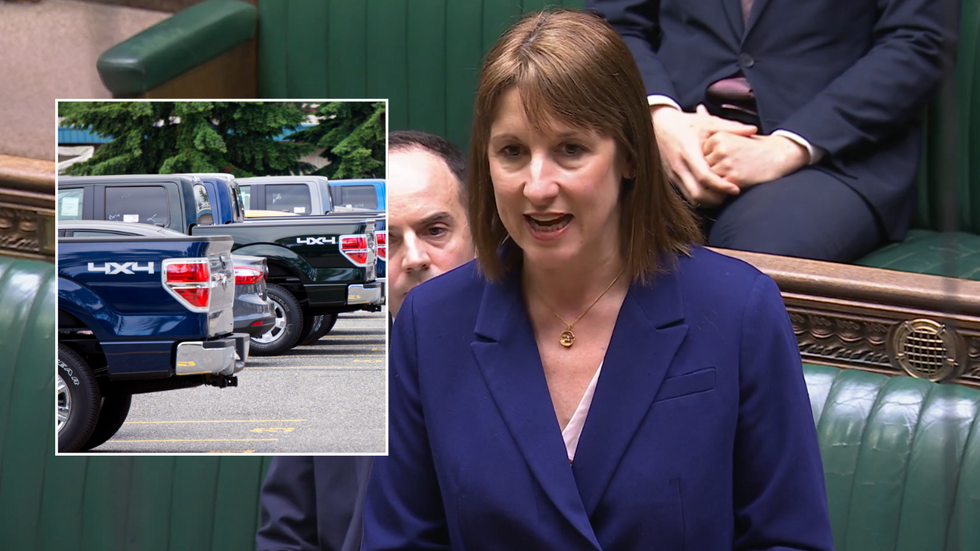
The changes to double cab pick-up trucks was announced by the Chancellor at the Autumn Budget
| PARLIAMENT UK/GETTYHMRC's data showed that electric vehicles accounted for 41 per cent of all company cars, or 340,000 vehicles, up from 220,000 in the previous tax year.
This shift towards electric power has helped reduce the average CO2 emissions of company cars to 56g/km in 2023-24, down from 71g/km the year before.
Meanwhile, the average taxable value for car benefits dropped to £3,910 from £4,750 in the previous year, with electric vehicles attracting lower BiK rates.
As more companies took advantage of tax incentives for electric vehicles, the number of diesel cars fell dramatically to just 13 per cent last year, compared to 80 per cent in 2017.
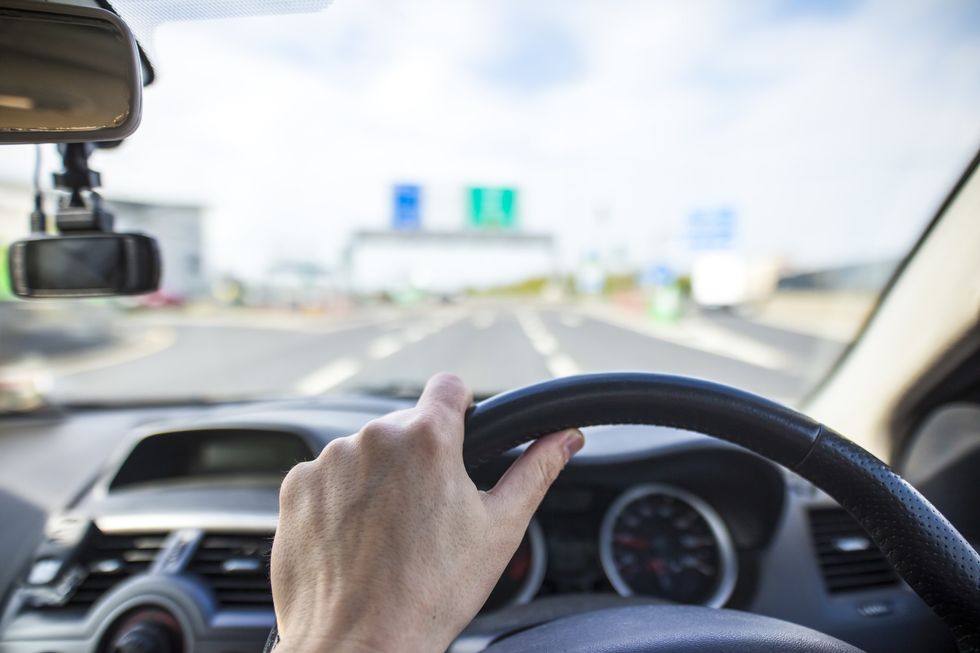 BiK taxes are paid by employees in exchange for using a company car | GETTY
BiK taxes are paid by employees in exchange for using a company car | GETTYThe number of company cars with CO2 emissions of 75g/km or less reached 534,000, including both fully electric vehicles and ultra-low emission vehicles.
During the Autumn Budget last year, Chancellor Rachel Reeves announced significant BiK tax increases for company cars with rates set to rise sharply from 2028-29.
As part of the changes, electric vehicles will see their BiK rates jump from the current two per cent to seven per cent in 2028-29 and nine per cent in 2029-30, according to the new tax bands published by HMRC.
Plug-in hybrids with emissions between 1-50g/km will face even steeper increases, rising to 18 per cent in 2028-29 and 19 per cent in 2029-30, regardless of their electric range.
LATEST DEVELOPMENTS:
For higher emission vehicles, the rates will climb to 38 per cent for cars emitting 165g/km or more, with a maximum rate of 39 per cent applying to the most polluting vehicles by 2029-30.
The changes represent the first major overhaul of company car taxation since the introduction of EV incentives after the pandemic.
HMRC acknowledged "substantial underreporting" of company car numbers since voluntary payrolling was introduced in April 2016, suggesting the true figure exceeds the official 840,000 recipients.
The tax authority's statistics noted that "there is internal evidence to suggest that a substantial number of company car benefits were not correctly reported to HMRC in the years after 2016 to 2017".
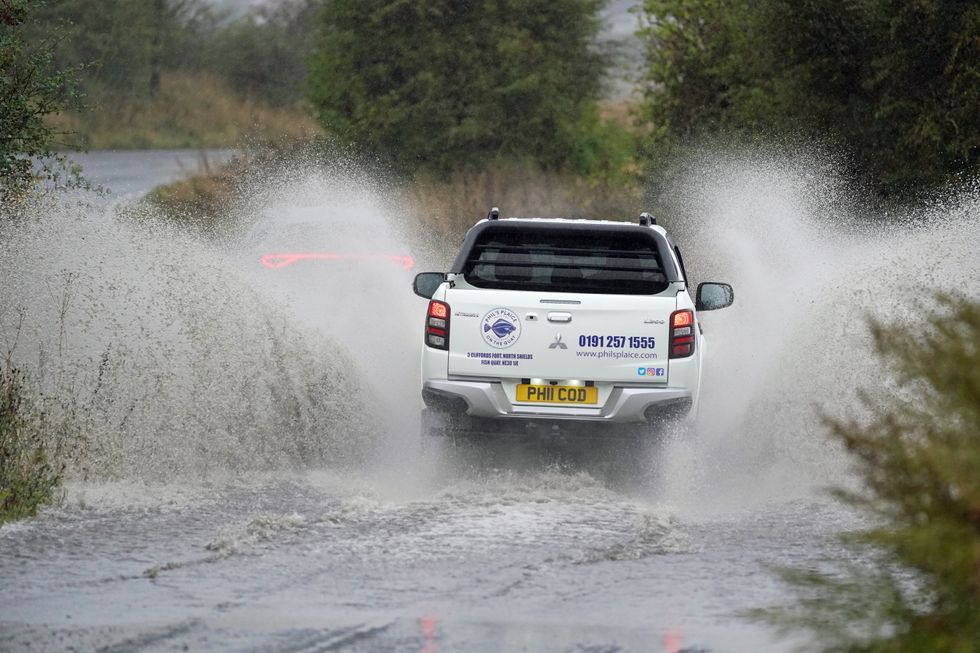 The changes for double cab pick-up trucks came into effect from April 6 | PA
The changes for double cab pick-up trucks came into effect from April 6 | PAOther factors which could impact BiK tax receipts for next year include changes to double cab pick-ups, which, as of April, have been reclassified as cars rather than vans for tax purposes, significantly increasing costs for drivers.
The change abandons the previous one-tonne payload rule that determined classification, following a Court of Appeal ruling that vehicles "equally suited to convey passengers and goods" should default to car status.
Under the new measures, drivers who use the vehicles as company cars will now see costs jump from £3,960, which was the rate when classified as a van, to as much as £10,094 if the vehicle has a 37 per cent BiK rate. This marks a 154 per cent increase in tax costs.
Experts at Haines and Watts shared: "The reclassification of double cab pick-ups marks a significant shift, particularly for businesses and industries that rely heavily on these vehicles. By staying informed, understanding the new rules, and planning ahead, you can minimise the financial impact and make confident decisions about managing your fleet."


